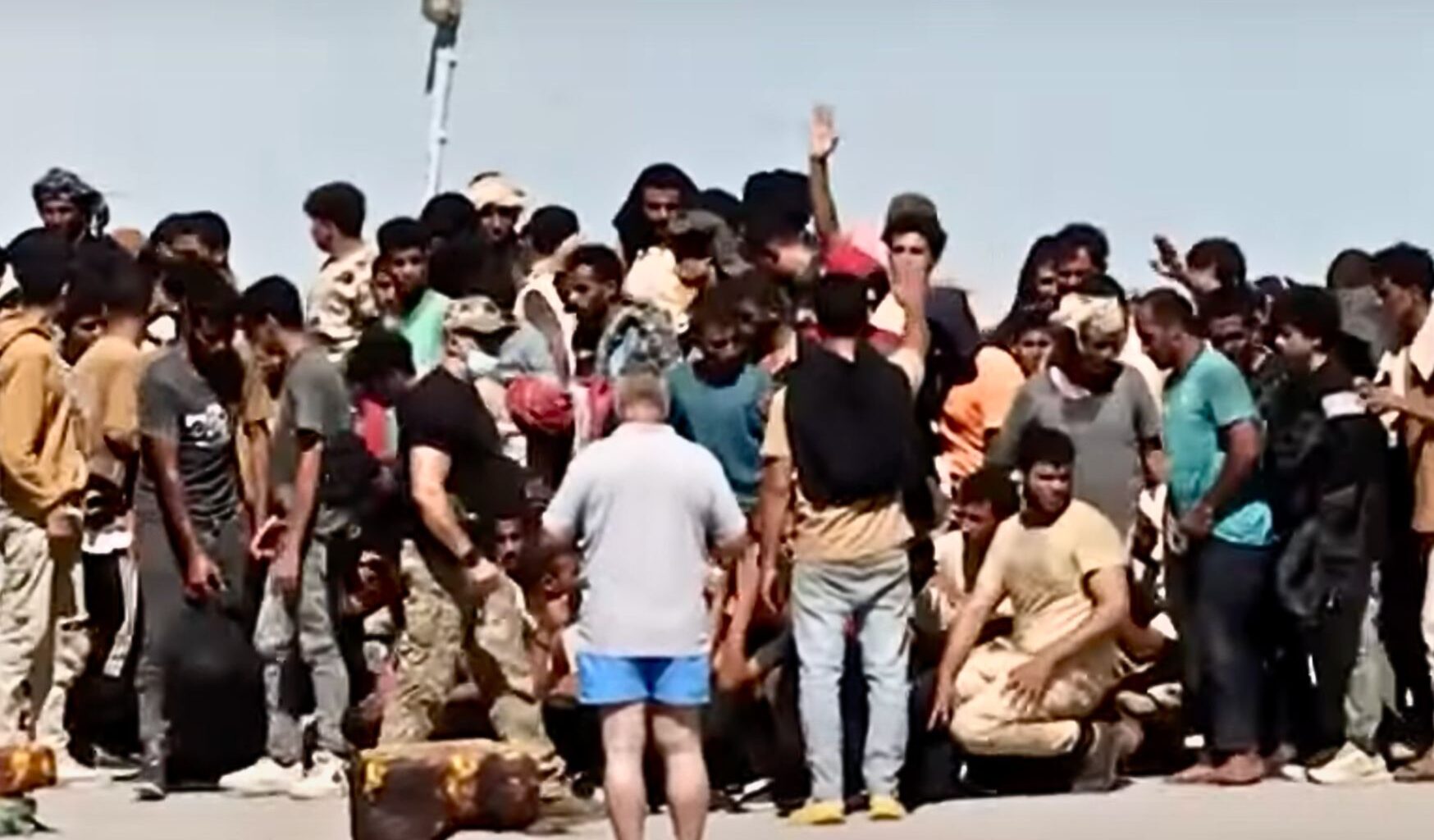107The European Commission has delayed adoption of its first Annual Asylum and Migration Report, a keystone document that designates which EU countries are under migratory pressure and underpins yearly relocation quotas and financial contributions among member states. Internal sources said the text requires further “fine-tuning”, with consultations still in progress.
Under the Pact on Migration and Asylum agreed in 2024, the Commission was required to adopt the report by Wednesday, 15 October, before transmitting it to the European Parliament and the Council. The missed deadline holds up the launch of the annual “solidarity mechanism”, through which other member states help those under pressure via relocations or funding.
The report will classify countries as being “under migratory pressure”, “at risk” or “facing a significant migratory situation”. That designation is the gateway to the EU’s solidarity scheme and ties directly to the Annual Solidarity Pool, which sets a target number of relocations and a minimum volume of financial support across the Union for the upcoming year.
The solidarity mechanism is “mandatory” in the sense that every member state must contribute according to a fair-share formula based on population and GDP. States may comply by relocating asylum seekers, paying a fixed amount per person not relocated, or providing operational support to countries under pressure. The Commission’s own guidance confirms minimum annual thresholds of 30,000 relocations and €600 million in financial contributions, while the law provides for a Council decision each year to set the pool. The fixed amount for non-relocation is €20,000 per person.
Once tabled by the Commission, the Annual Solidarity Pool must be approved by the Council via qualified majority voting—a double-majority of at least 15 countries representing at least 65% of the EU population. That threshold also applies to amendments the Council may make to the Commission’s proposal.
The delay drew criticism in Parliament. German MEP Birgit Sippel, a lead negotiator on the migration pact in the previous legislature, called for an urgent discussion in the Civil Liberties (LIBE) committee on the missed deadline and the implications for implementing the pact’s timetable.
Contextual data show the EU’s asylum landscape has shifted markedly this year. According to the EU Agency for Asylum (EUAA), overall applications in the first half of 2025 fell to 399,000, down 23% year-on-year, reflecting a sharp decline in Syrian claims. The change altered the distribution among host countries: France (78,000) and Spain (77,000) both received more first-half applications than Germany (70,000), which had been the primary destination in recent years.
Downstream decision-making is also evolving. Eurostat’s quarterly series shows that Spain granted the highest number of first-instance protection statuses in the second quarter (16,060, 24.4% of the EU total), ahead of France (14,220; 21.6%), Germany (13,450; 20.5%) and Italy (7,360; 11.2%). These concentrations suggest that any relocation or funding targets will have to reflect the current pressure points, not those of previous years.
The Commission’s report is expected to aggregate core indicators—applications lodged, grants of international protection, irregular entries and reception capacity—before designating the countries eligible to request solidarity. That designation triggers a process in which the EU Solidarity Coordinator and a technical forum organise pledged relocations and other measures after the Council adopts the annual pool.
Operationally, the choices for governments remain threefold. States may (1) relocate people in need of protection from countries under pressure; (2) pay €20,000 per person in lieu of relocation; or (3) fund operational support such as reception infrastructure or case-processing capacity. The mechanism is designed to be flexible but “needs-based”, with minimum numbers set at Union level and allocations adjusted in view of updated pressure assessments.
The immediate consequence of the delay is a compressed calendar for agreeing the 2026 solidarity parameters. Council approval requires a qualified majority, but the political arithmetic can be tight where preferences diverge between relocation and financial contributions, or over the scale of the pool. With parliamentary scrutiny now in prospect, the Commission will face calls to publish the assessment and the draft solidarity figures rapidly to maintain the pact’s implementation schedule.
Post Views: 926
